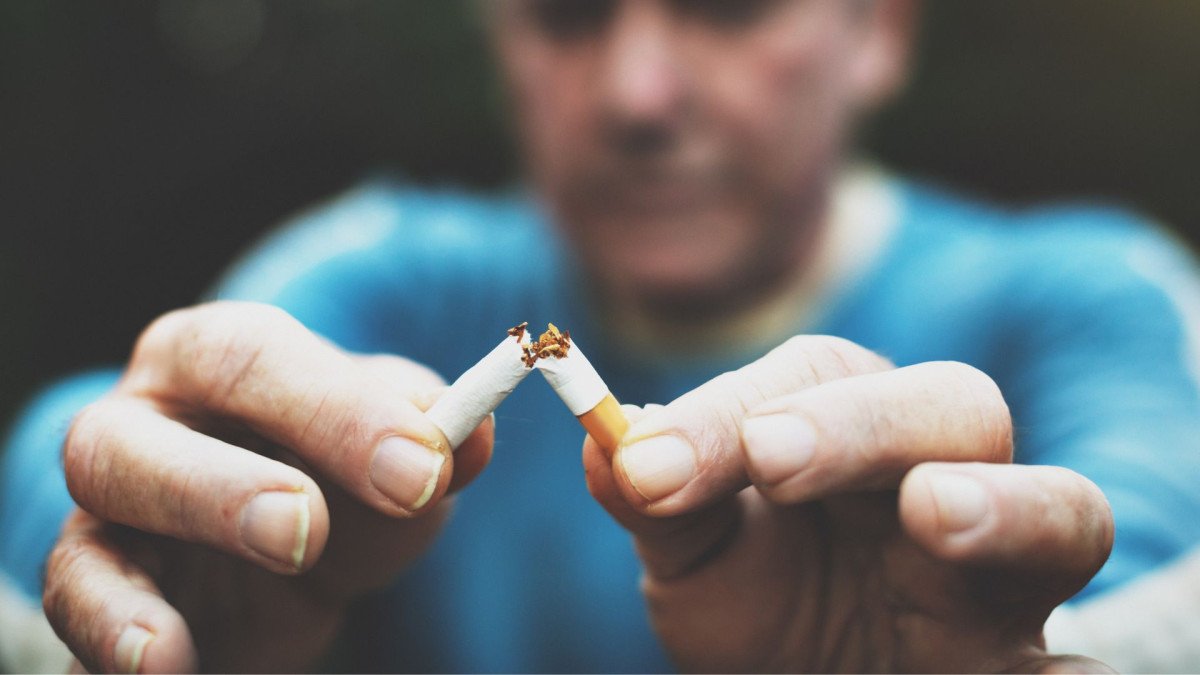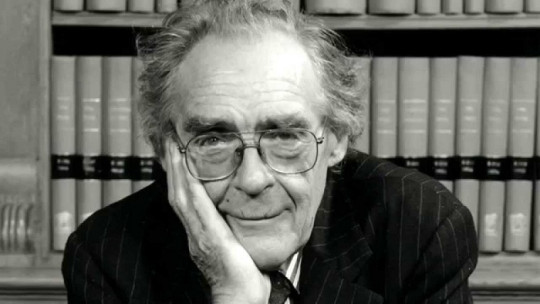
Global tobacco consumption has decreased in the last two decades, going from 32.7% of the world population over 15 years of age in 2000 to 22.3% in 2020. However, The World Health Organization (WHO) aims to reduce this percentage to 20% by 2025
Although fortunately the number of smokers is decreasing, we cannot forget about those people who are smokers and are trying to quit. Now, have you ever wondered what the greatest fear of these individuals is when they decide to stop smoking? Definitely, the anxiety that comes with quitting an addictive substance like tobacco is the biggest monster that haunts these people.
You may wonder why tobacco is addictive and what happens in the brain when we consume this drug. When inhaled in small quantities, nicotine is capable of causing a pleasurable sensation and, in turn, distracts the consumer from unpleasant sensations. It works like other addictive drugs by impregnating brain circuits with a neurotransmitter called dopamine This is responsible for the individual wanting to consume more and more.
In addition, nicotine, which is the compound found mainly in tobacco, acts on the chemistry of the brain and the central nervous system, affecting the smoker’s mood. Nicotine also causes an adrenaline “rush” in an amount that is not enough to be noticed, but enough to speed up the heart and raise the user’s blood pressure.
Therefore, giving up tobacco completely is a complicated process that takes a long time since the substances that are inhaled act on the brain, making smokers associate smoking with a feeling of calm and well-being and therefore want to achieve that feeling again. experience over and over again. In today’s article, We will focus on the withdrawal syndrome, characterized by the anxiety generated by the decision to stop smoking
What is anxiety?
Anxiety is a feeling of fear, fear and restlessness. Some of its symptoms include that it can cause the person to sweat, feel restless and tense, and even have palpitations. In other words, anxiety is defined as a state of agitation and restlessness that goes hand in hand with emotional tension and a combination of different physical and mental manifestations. Returning to the topic of smoking, some research has discovered that smokers have levels of stress and anxiety that are higher than those of people who do not smoke. For this reason, it is easy to conclude that tobacco and anxiety are closely related.
If you are thinking about quitting smoking, we want to clarify that the state of anxiety is temporary and with a lot of willpower and with the help of professionals and/or people around you, it is really necessary in this complicated and long process of getting rid of an addictive substance like tobacco.

How to overcome anxiety when you stop smoking?
Around 2 out of 3 smokers express that they want to stop smoking and approximately half of them try to stop smoking each year. However, few achieve it without help. In large part, quitting smoking is difficult because people become dependent on nicotine both physically and emotionally. Furthermore, it is important when the smoker associates this habit with his social activities. These are some of the factors that make the path to putting it aside much more complicated than desired. Below, we list some tips to overcome the anxiety generated by this termination:
1. Don’t forget your goal and reward yourself
It is always important to remind yourself of the reasons why you decided to quit smoking. Especially in moments of crisis when you just want to inhale tobacco again You should reward yourself with your favorite food, a break, your favorite movie, or anything else that gives you a pleasant feeling every time you are able to overcome a relapse attempt.
2. Avoid places where smoking is allowed
Shopping malls, cinemas, theaters, museums, gyms, are some of the appropriate places for people who want to quit smoking. Being in smoke-free environments is extremely effective for this. In addition, it is also useful to stay active, start new hobbies that get you out of the need to smoke. You might start walking in the mountains, painting with watercolor, going to theater classes, playing sports, writing, reading, etc.
3. Live a healthy lifestyle
According to experts on the subject, it is preferable not to consume alcohol, coffee or any other drink that a person associates with smoking in the first months after the big decision. In addition, several studies support that caffeine consumption can cause anxiety disorders. It is also important that the person eat well, consume a Mediterranean diet rich in vegetables, fruit, vitamins and proteins This is vital since the consumer must maintain blood sugar levels and have enough energy to withstand the tension that quitting tobacco generates in the body.
4. Look for objects that help you in the process
Many smokers highlight the strange sensation of needing to have something in their mouth or hands when they quit smoking. In this regard, it is advisable to use substitutes such as a pencil, pen or even foods that can be sucked or chewed, such as sugarless gum, carrots or cinnamon sticks.
5. Do exercises to relax
Yoga or mindfulness training can be effective in quitting smoking. Meditation helps us become more aware of our thoughts and sensations in order to get away from the impulses that lead us to want to resume consumption and thus take control of our mind and our actions. There are also breathing techniques that help you control moments of anxiety peaks.
Remember that blood oxygen levels reach normal values after the first eight hours without smoking, the risk of suffering a cardiovascular accident decreases by up to 50% after one year and the possibility of having lung cancer is reduced ten years later, between 30 and 50%. Therefore, with great calm and patience, we recommend that you begin this long but satisfying journey towards a tobacco-free life.








